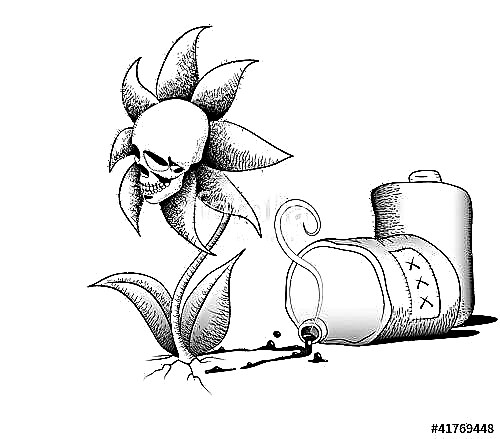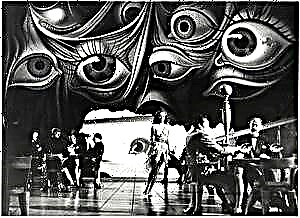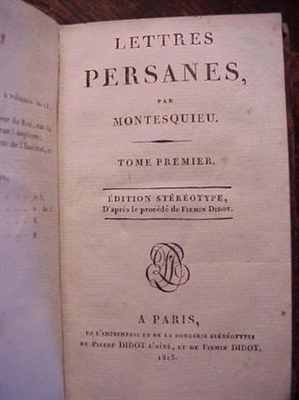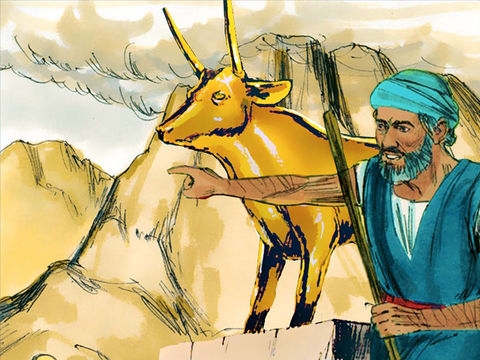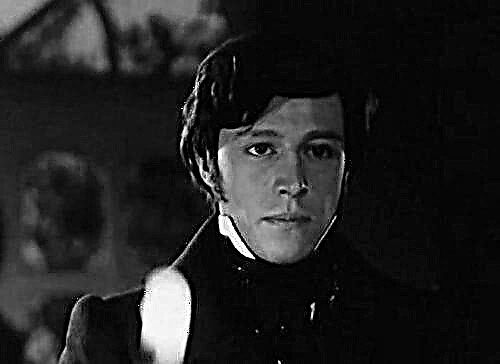The story "Longing" is a very small but deep work, which is necessary for every educated person to read in his life. It was written by the recognized classic of Russian literature of the late nineteenth - early twentieth century - Anton Pavlovich Chekhov. On his account there are many similar stories - small, vital and acutely social. Even after many years, subsequent generations read it, because eternal truths are written in his books. This article is devoted to a detailed analysis of his famous story "Tosca".
History of creation
The story was published by Petersburg newspaper in January 1886 in the Flying Notes department. Then he was listed in the collection of "Colorful Tales" with minor amendments. Later, in 1898-1901, Chekhov included it in his third volume of essays.
In literary circles, the story met with approving responses in the editions “Petersburg Vedomosti”, “Russian Wealth” and “Herald of Europe”. Leo Tolstoy also singled out this work as one of Chekhov's best creations.
Genre and direction
"Longing" is a story in the genre, as it is a prose work of small volume with narrative content. The narration is from a third party.
The story describes real life, the most plausible situations, feelings, it uses a common language. This means that he goes back to such a direction as realism. We can safely say that all of Chekhov's works relate specifically to realism, as well as the prose of other writers of the second half of the nineteenth century. What happened to Jonah in the story is a very realistic and even mundane situation, but this does not mean that she does not deserve attention. Sometimes in simple things lies the problem, having solved which, you can get to the truth.
The meaning of the name
“Longing” is the central image of the work embodied in the main character. This is the feeling that engulfed him, and at the same time, this is an important and difficult problem that the author suggests readers to think about. The meaning of the word "longing" in this case is equivalent to the meaning of the word "loneliness".
Here is how the name can be explained: “Longing” reflects not only the internal state of the hero, but also the peculiar disease of a whole indifferent city.
Essence
What is the book about? The story of the old cab driver Jonah, whose son died. His longing was unusually huge, boundless, and the only thing that could ease his suffering was the only living soul who was ready to listen to his story about his son completely. But no one was determined to listen and delve into. All the people whom he met lived with their cares, and no one cared about the grief of Jonah.
In the end, having never found an interlocutor, he told his horse story. These are the main events described in the work. The plot is told in detail here.
Composition
There is an epigraph in the story that sets the emotional tonality of the piece: “Who shall bring my sorrow?” This is followed by a small exposition describing the conditions in which the conflict will develop. This is a description of the time of year and day, weather, as well as an introduction to the main characters. So, the first thing the reader learns is that dusk is gathering on the street of the city, there is wet, large snow, which is full of colors on the cab and his horse, making them almost inconspicuous.
But very soon, the static of the narrative is replaced by a dynamic development of events: Jonah begins to seek a way out of her feeling. He is looking for people who can pour out his soul, but each time his attempt to tell about the death of his son ends in failure. The tension lasts almost to the end, then the denouement follows - this is a confession of grief to your own horse.
The main characters and their characteristics
- The protagonist of the story is the old cab of Jonah.. He refers to such a popular type of literary hero as the "little man." This means that he is the possessor of low social status, not endowed with any special abilities and qualities, but also without causing any harm to anyone. Jonah is a simple yard driver, earning himself crumbs for bread. His desire is very modest and simple - to share grief with someone. He does not bring any evil to this world, but he is also not endowed with heroic qualities. Even to the rudeness of his riders, he does not respond with the same rudeness, but only tries to start a pleasant conversation. The image of a little man is described in detail here.
- Another main character of the story can be called Jonah's horsesince without it this work would not have the completeness, depth that Chekhov managed to achieve. It is she - a miserable, exhausted animal, who is the true friend of Jonah, in the end, who saved him from inescapable longing.
Topics
- The main theme of the story – this is the longing of the protagonistwhose son died. He is a "little man" whom no one notices. In a huge and harsh outer world, where a blizzard rages and where hundreds of indifferent people pass by, Jonah is just a speck of dust, but his inner world is filled with feelings. His grief cannot be poured out, it is crowded inside, and he desperately needs someone else's compassion. But even a small fraction of this compassion does not go to the old cabman, and he is forced to remain with terrible longing one on one. No one wants to ease his grief. This essay is described in more detail. pain and longing in the image of Chekhov.
- Relations between people and their pets. However, not everything is so bad, a ray of light is still located. Surprisingly, the “horse” of Jonah appears to be “more humane” than other people. She is the only friend of the old man, a friend to whom he can tell everything as a soul mate. Because although she is a horse, she is really a soul mate. Sometimes animals can help the owner even more surroundings, and this is a good example.
Problems
The problems of the work, despite its size, are very rich. We will consider only its main aspects.
- The main problem raised by the author in this work is problem of loneliness "Little man" in a large crowded city. Pain and longing take possession of Jonah, and readers imbue him with sympathy, which can not be said about the other characters of the work with which he interacts. Loneliness is a terrible internal state, and Chekhov brightly and expressively brings this to the minds and hearts of readers.
- In addition, another issue highlighted in the text is issue of indifference. None of the passengers Jonah met during the day showed him due attention. That he was a military man, that the three young men whom he brought up, that the janitor and the peasant from the yard — all of them, although they knew about the wagon driver’s grief, they were occupied exclusively with their thoughts and plans. Moreover, the riders mistreated him when the old man did not rule as skillfully as they would like. Here we can see some cruelty of citizens in relation to each other.
Meaning
A. Chekhov wanted to show readers how terrible the loneliness and indifference of those around are in fact. The main idea is that we should all be more attentive to other people, help in difficult situations, be sensitive and compassionate. Indeed, in a similar situation, like Jonah, everyone could be, and this is very difficult. Drawing the sad story of Jonah, the author allows us to look at the situation from the side. Indeed, in ordinary life, we could not pay attention to the old man isolated from this world, although it is possible that he needs our help.
Therefore, it is extremely important to take care of others, and not just about yourself. Good multiplies good, and vice versa. If the idea of compassion does not spread in the world, then no one will help another in trouble.
What does the author teach? Learn to be sensitive to the grief of others, come to the aid of people, as Chekhov says, not teaching directly in his story, but pushing readers to independent conclusions. Such is his authorial position.
Features: expressive means and art detail
Chekhov conveys the internal state of the protagonist and the general atmosphere of the whole picture with the help of the landscape. Cold winter with twilight and large wet snow expresses melancholy, pain, indifference of the world around an individual. A strange world, prickly, inhospitable to the hero, and this is perfectly felt thanks to his surroundings.
There is also an artistic detail in the work. With its help, Chekhov identifies only the most important quality features, images that are important for understanding the meaning, and omits the rest. This is due to the small volume of his works.
An example of an artistic detail in the text: the author calls Jonah’s horse “horse”. This word with a diminutive suffix has a certain semantic and emotional load - the horse is pathetic, exhausted, the same as its owner.
And, of course, some artistic techniques are used in the story. The most important of them are epithets about the state of mind: "enormous longing, knowing no boundaries." They are important, because they create an understanding of the scale of Jonah's personal drama. The most powerful metaphors that deserve our attention also relate to the feeling of longing: “I would flood the whole world”, “fit in the shell”, “chest is bursting”. Expressive means are important for the concept of the theme and problem of the work, they express the position of the author.

